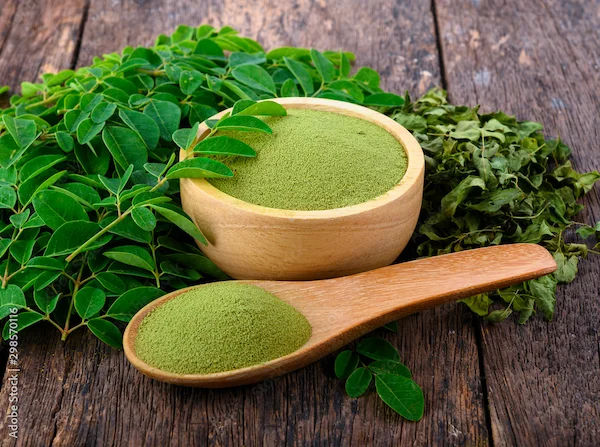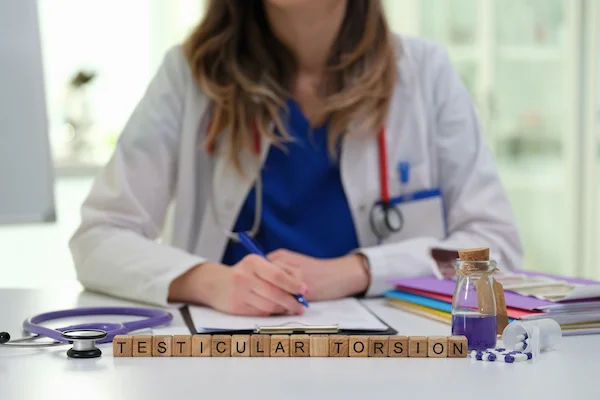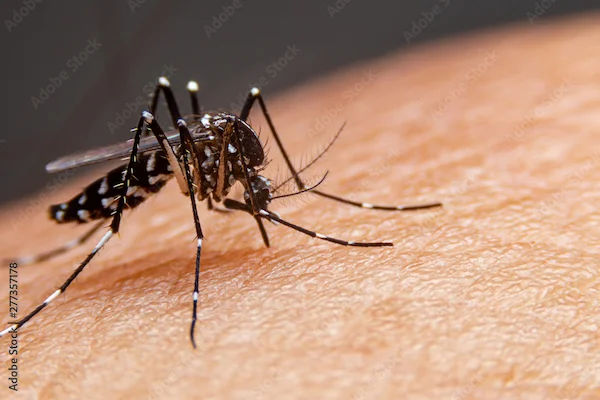Ulcerative Colitis Treatment Options and Guidelines
Explore effective treatment options for ulcerative colitis, including medications, diet tips, and surgery. Learn how to manage symptoms and improve your quality of life.

Written by Dr. Dhankecha Mayank Dineshbhai
Reviewed by Dr. M L Ezhilarasan MBBS
Last updated on 22nd Aug, 2025

Living with ulcerative colitis (UC) can be challenging, but with the right treatment and lifestyle adjustments, many people manage their symptoms effectively and lead fulfilling lives. If you or a loved one has been diagnosed with UC, this guide will help you understand the condition, available treatment options, and practical tips for managing it.
What is Ulcerative Colitis?
Ulcerative colitis is a type of inflammatory bowel disease (IBD) that causes chronic inflammation and ulcers in the colon (large intestine) and rectum. Unlike Crohn’s disease (another form of IBD), UC affects only the innermost lining of the colon and does not spread to other parts of the digestive tract.
Common Symptoms of Ulcerative Colitis
- Diarrhoea (often with blood or mucus)
- Abdominal pain and cramping
- Urgent need to pass stools
- Fatigue and weakness
- Weight loss (due to poor nutrient absorption)
- Fever (during flare-ups)
Symptoms can vary from mild to severe and may come and go in cycles of remission (no symptoms) and flare-ups (active symptoms).
What Causes Ulcerative Colitis?
The exact cause of UC is still unknown, but experts believe it results from a combination of:
- Immune system dysfunction (the body mistakenly attacks healthy colon tissue)
- Genetics (family history increases risk)
- Environmental factors (diet, stress, infections)
While UC is not caused by diet or stress alone, these factors can trigger or worsen flare-ups.
Treatment Options for Ulcerative Colitis
There is no cure for UC, but treatments aim to:
- Reduce inflammation
- Control symptoms
- Achieve and maintain remission
Prevent complications
Your doctor will recommend a treatment plan based on the severity of your condition. Here are the main options:
1. Medications
- Aminosalicylates (5-ASAs) – Mild to moderate UC (e.g., mesalamine, sulfasalazine)
- Corticosteroids – Short-term relief for flare-ups (e.g., prednisone)
- Immunomodulators – Suppress the immune system (e.g., azathioprine, methotrexate)
- Biologics – Target-specific immune proteins (e.g., infliximab, adalimumab)
- JAK inhibitors – Newer oral medications (e.g., tofacitinib)
Consult a Top General Physician for the best advice
2. Lifestyle and Dietary Changes
While diet doesn’t cause UC, certain foods can worsen symptoms. Consider:
- Eating smaller, frequent meals
- Avoiding trigger foods (spicy, fatty, dairy, and high-fibre foods during flare-ups)
- Staying hydrated (diarrhoea can lead to dehydration)
- Managing stress (yoga, meditation, therapy)]
- Regular exercise (helps digestion and reduces stress)
3. Surgery (For Severe Cases)
If medications don’t work or complications arise (like severe bleeding or colon cancer risk), surgery may be needed. The most common procedure is a proctocolectomy (removal of the colon and rectum), sometimes with an ileostomy (external pouch) or ileoanal pouch (internal pouch).
When to See a Doctor?
Seek immediate medical help if you experience:
- Severe abdominal pain
- High fever
- Heavy rectal bleeding
- Signs of dehydration (dizziness, low urine output)
If you’re struggling with UC symptoms, consult a gastroenterologist for personalised care. You can easily book an appointment or lab tests through Apollo 24|7 for expert guidance.
Final Thoughts
Living with ulcerative colitis requires patience and a proactive approach. With the right treatment, diet, and lifestyle changes, many people manage their condition well and enjoy a good quality of life. Don’t hesitate to seek medical advice—early intervention can prevent complications and help you stay in control of your health.
Consult a Top General Physician for the best advice
Consult a Top General Physician for the best advice

Dr. Sandhya Chandel
General Physician/ Internal Medicine Specialist
16 Years • MBBS, MD (Int. Med.), IDCCM
Bilaspur
Apollo Hospitals Seepat Road, Bilaspur
(125+ Patients)

Dr Aakash Andgi
General Physician/ Internal Medicine Specialist
9 Years • MBBS MD
Bengaluru
Apollo Clinic, JP nagar, Bengaluru

Dr Syed Mateen Pasha
General Physician
2 Years • MBBS
Bengaluru
PRESTIGE SHANTHINIKETAN - SOCIETY CLINIC, Bengaluru

Dr. Anand Ravi
General Physician
2 Years • MBBS
Bengaluru
PRESTIGE SHANTHINIKETAN - SOCIETY CLINIC, Bengaluru

Dr. D Bhanu Prakash
General Practitioner
10 Years • MBBS, AFIH, Advanced certificate in critical care medicine, Fellowship in critical care medicine
Hyderabad
Apollo 24|7 Clinic, Hyderabad
Consult a Top General Physician for the best advice

Dr. Sandhya Chandel
General Physician/ Internal Medicine Specialist
16 Years • MBBS, MD (Int. Med.), IDCCM
Bilaspur
Apollo Hospitals Seepat Road, Bilaspur
(125+ Patients)

Dr Aakash Andgi
General Physician/ Internal Medicine Specialist
9 Years • MBBS MD
Bengaluru
Apollo Clinic, JP nagar, Bengaluru

Dr Syed Mateen Pasha
General Physician
2 Years • MBBS
Bengaluru
PRESTIGE SHANTHINIKETAN - SOCIETY CLINIC, Bengaluru

Dr. Anand Ravi
General Physician
2 Years • MBBS
Bengaluru
PRESTIGE SHANTHINIKETAN - SOCIETY CLINIC, Bengaluru

Dr. D Bhanu Prakash
General Practitioner
10 Years • MBBS, AFIH, Advanced certificate in critical care medicine, Fellowship in critical care medicine
Hyderabad
Apollo 24|7 Clinic, Hyderabad



